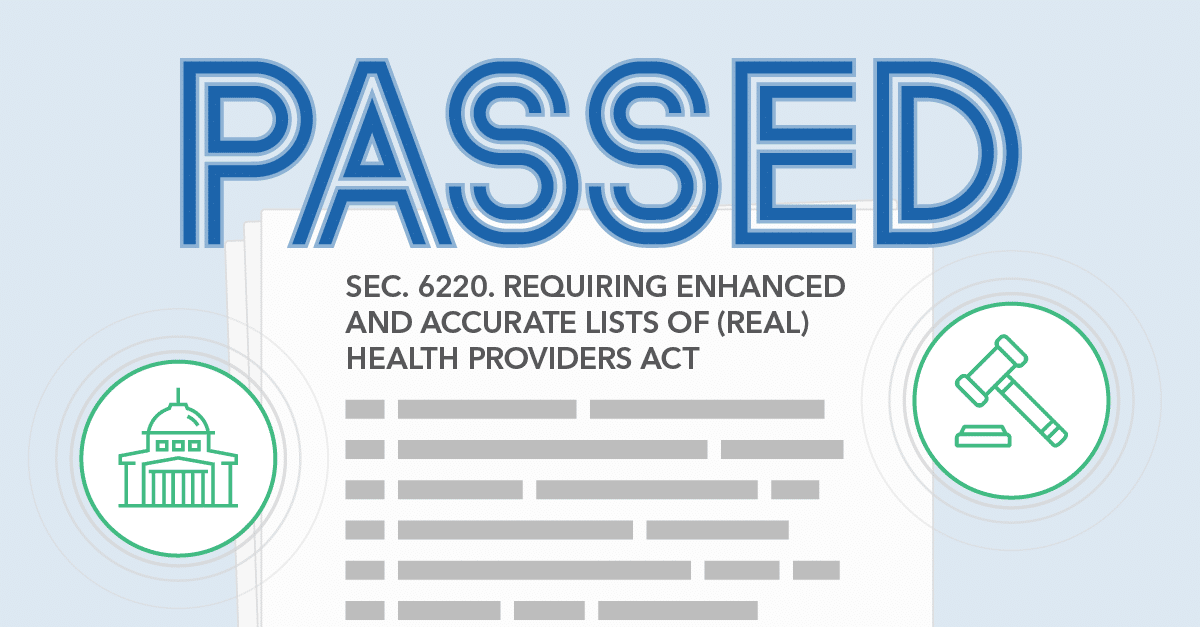Behavioral health is a vital component of comprehensive healthcare, especially for seniors and individuals with disabilities who depend on Medicare Advantage (MA) plans for their insurance coverage. The Centers for Medicare & Medicaid Services (CMS) highlight the importance of this by requiring behavioral health services as a fundamental part of network adequacy standards. For those working in the health insurance industry, it is essential to understand the details of behavioral health policies within Medicare Advantage to ensure compliance and to design plans that meet the needs of beneficiaries.
CMS Behavioral Health Strategy
Leading the charge, CMS has developed and implemented policies designed to cater to the unique needs of Medicare Advantage enrollees. This initiative is exemplified by the CMS Behavioral Health Strategy, which aims to ensure that high-quality behavioral health services and supports are accessible to CMS beneficiaries and consumers. Central to this effort is the ongoing expansion of behavioral health services that Medicare Advantage (MA) organizations must offer.
Expansion of Behavioral Health Services in Medicare Advantage
In the last two years, CMS has broadened the spectrum of behavioral health services covered under Medicare Advantage to include:
- Clinical Psychology
- Licensed Clinical Social Work
- Outpatient Behavioral Health
These specialties have been integrated alongside the existing services: Psychiatry and Inpatient Psychiatric Facility care.
Behavioral Health Network Adequacy Requirements
To ensure these services are effectively delivered, CMS evaluates the behavioral health specialties according to the Medicare Advantage Network Adequacy standards.
Provider Specialty Network Adequacy Requirements
CMS has established specific standards for behavioral health Provider Specialty types, which include Psychiatry, Clinical Psychology, and Licensed Clinical Social Work. These standards include:
- Maximum Time and Distance Requirements
- Maintenance of a Minimum Provider Count per County
- Minimum Number of Provider Ratios
Facility Specialty Network Adequacy Requirements
Facility specialties, include Inpatient Psychiatric Facility Services and Outpatient Behavioral Health, are subject to network adequacy evaluations. The criteria for these evaluations consist of:
- Maximum Time and Distance Requirements
- A Minimum Number of Facility-Specialty Type in Each County
Behavioral Health Network Adequacy Special Circumstances
Eligibility for 10% Credit Point: Psychiatry, Clinical Psychology, Clinical Social Work, and Outpatient Behavioral Health services qualify for a 10% credit point towards the percentage of beneficiaries residing within the published network adequacy time and distance standards. This credit applies if an MA organization’s contracted network involves telehealth providers who offer additional telehealth benefits beyond those required by statute for covered services.
Exception Requests: In scenarios where it’s challenging to meet the network adequacy criteria due to a lack of providers or facilities, MA organizations may submit a network adequacy exception request.
Initial Application and Expansion Allowances: During the application phase of an Initial Application or a Service Area Expansion, MA organizations may use allowances to assist in meeting network adequacy standards.
- 10-Percentage Point Credit: This is granted towards the percentage of beneficiaries residing within the time and
distance standards in the contracted network for the pending service area. - Letter of Intent: A Letter of Intent (LOI) to contract can be used to fulfill network adequacy standards.
Compliance Requirement Reminder: Applicants must fully comply with network adequacy standards by January 1 of the contract year.
HSD Table Submissions
Guidelines for Behavioral Health Specialties
MA organizations are subject to network adequacy evaluations at crucial junctures, including during an initial application, service area expansion application, and a triennial network adequacy review. A pivotal component of this evaluation is the submission of network data via Health Service Delivery (HSD) tables, which must include all five behavioral health specialties.
MA organizations must submit two HSD tables for each contract:
- A Provider HSD Table
- A Facility HSD Table
Restrictions on Provider Listings
MA organizations are restricted from using a single provider to fulfill multiple provider network requirements. For example, a provider cannot be listed with the specialty of psychiatry, clinical social work, or clinical psychology, and also as an Outpatient Behavioral Health facility.
Medicare Advantage Provider Data Accuracy Requirements
Outpatient Behavioral Health Requirements
In response to growing concerns about ghost networks and anticipated legislation such as The Requiring Enhanced & Accurate Lists of Health Providers Act, CMS implemented more stringent requirements to verify the reliability of provider data, particularly for Outpatient Behavioral Health. The new rules mandate that providers must have rendered services to a designated number of patients within the past year, with proof of service available upon request.
Annual Verification Responsibilities
- Verification Requirement: MA organizations must confirm that every Physician Assistant (PA), Nurse Practitioner (NP), and Clinical Nurse Specialist (CNS) listed in the HSD table has provided behavioral health counseling or therapy to at least 20 patients in the last 12 months.
- Submission of Evidence to CMS: Documentation must be provided to CMS when requested, confirming service provision to a minimum of 20 patients. Evidence should align with CMS formatting and procedural guidelines.
- Verification Methods: Verification can be performed using a suite of reliable data sources, including MA organization’s claims data, prescription drug claims data, electronic health records, and similar data.
Provider Data Verification and Directory Updates
Beyond the mandated behavioral health requirements, MA organizations are required to provide transparent and accurate portrayals of their provider networks. Integral to this is the upkeep of up-to-date online and printed directories. These resources must be made available to members by October 15th of each year, within 10 days following a new member’s enrollment, and at any time upon request during the calendar year. Additionally, an MA organization’s website must offer a user-friendly search function for all provider data elements to ensure ease of access for members.
To maintain compliance with federal mandates, MA organizations must outreach and receive provider verification quarterly to confirm the accuracy of the information listed in their provider directories. These routine checks are crucial for the validity and reliability of the data provided to enrollees.
Mandatory Provider data elements to verify:
- Provider Name
- Provider Specialty
- Whether or Not the Provider Accepts New Patients
- Practice Address
- Phone Number
- Provider Offers Telehealth Services
- Provider’s Cultural and Linguistic Capabilities, Including Languages and American Sign Language
Updating Directory Information
It is incumbent upon MA organizations to promptly update their directories when they are notified of changes to any provider’s details. The updates must be performed within 30 days of receiving new or corrected information.
👉 Discover strategies to improve provider data accuracy and outreach methods in our article: 5 Best Practices: Improving Provider Data Accuracy, Provider Outreach, and Outcomes.
Dynamic Network Management
These policies are another reminder and necessitate a shift from traditional static network management to a more agile and responsive model. Providers listed must showcase active patient care engagement, affirming compliance and the effectiveness of delivered healthcare services.
From Compliance to Strategic Advantage
The CMS mandates represent a dual-edged sword; while imposing operational challenges, they offer a formidable opportunity for MA organizations to distinguish themselves. By integrating behavioral health services deeply and effectively, MA organizations can meet regulatory compliance and open new doors to consumers looking for holistic care.
Connect with one of our experts today to explore how we can convert regulatory challenges into opportunities for success in your Medicare Advantage strategy. Book a Consultation Today!
Proven Solutions for Your Provider Network Management
Looking to simplify your workload? Let Quest Analytics take on the heavy lifting! Our solutions and dedicated team specialize in provider data accuracy and provider network adequacy for various lines of businesses, including Medicare Advantage, Medicaid and Commercial. Schedule a strategy session today and see how we can help you every step of the way.








